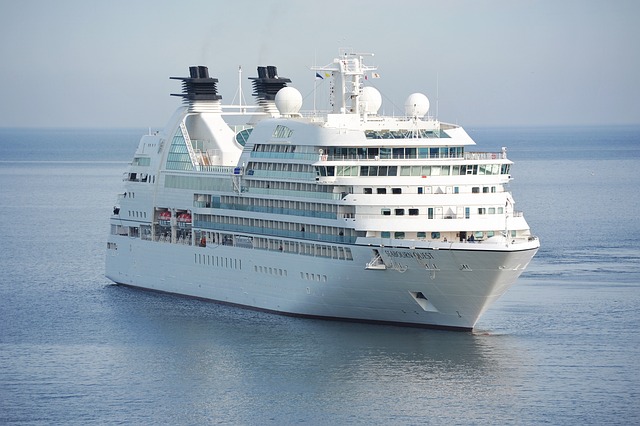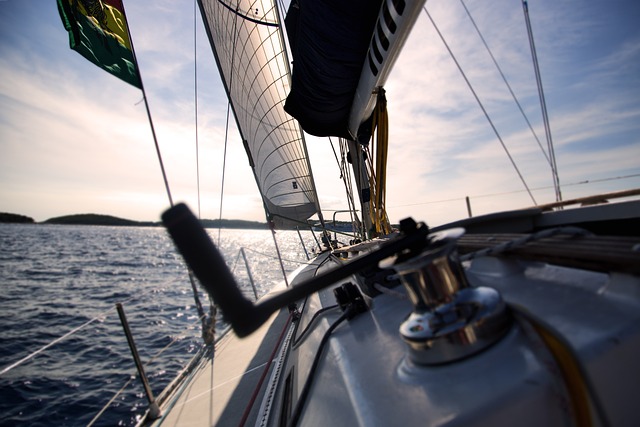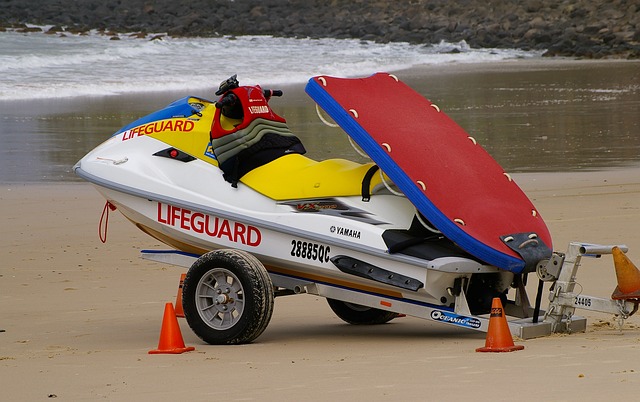When selecting a boat battery for your small watercraft, it's crucial to match the battery type with your craft's power demands and physical constraints. High-quality marine batteries are designed to handle saltwater and vibrations typical in boating environments. Specialized marine batteries from reputable brands cater to smaller vessels, delivering consistent power for electronics like trolling motors and fishfinders. Deep Cycle Marine Batteries are particularly suitable for frequent use in applications such as electric trolling motors due to their deep-cycle performance. Optima batteries are also favored for their AGM technology, offering spill-proof design and strong starting power without leaks or maintenance. Prospective buyers should consider the pros and cons of lead-acid versus AGM batteries, taking into account weight, space, and longevity to find the best match for their vessel's electrical system.
For optimal performance and longevity, differentiate between deep cycle and starting batteries based on your watercraft's power needs. Starting batteries are ideal for high peak currents needed for engine ignition, while deep cycle batteries are better for extended outings with steady energy use. The ampere-hours (Ah) rating is pivotal as it determines the battery's energy output and the duration electronics will operate. For longer trips, a higher Ah rating is beneficial. Additionally, consider the type of battery—lead-acid, AGM, or lithium—as each offers different advantages for marine use. Lithium batteries, in particular, provide high energy density and long service life. Carefully selecting the appropriate Ah rating and battery type will ensure your boat's electrical system operates efficiently and safely, enhancing your boating experience.
When venturing out onto the water, reliable power is paramount for small watercraft. This article delves into the top boat batteries that cater specifically to these vessels, ensuring your nautical adventures are powered by optimal performance and longevity. We’ll guide you through understanding the vital features of leading marine batteries, compare top-rated brands, explore the differences between deep cycle and starting batteries, and highlight the significance of ampere-hours in selecting the right battery for your needs. Additionally, we’ll provide maintenance tips to help you maintain your vessel’s power source at its peak. With the right boat battery, your small watercraft will be ready to navigate the waters with confidence.
- Understanding the Key Features of Top Boat Batteries for Small Watercraft
- Comparing the Best Marine Battery Brands for Your Compact Craft
- Deep Cycle vs. Starting Boat Batteries: Making the Right Choice for Your Vessel
- The Importance of Ampere-Hours in Boat Batteries and How to Choose Based on Your Needs
- Maintenance Tips and Best Practices for Prolonging Your Small Watercraft's Battery Life
Understanding the Key Features of Top Boat Batteries for Small Watercraft

Comparing the Best Marine Battery Brands for Your Compact Craft

When selecting a boat battery for your small watercraft, it’s crucial to consider the type of battery that suits your craft’s size and power requirements. High-quality marine batteries are designed to withstand the harsh conditions found on boats, such as saltwater exposure and vibrations. Top marine battery brands offer models specifically tailored for smaller vessels, ensuring reliable power for trolling motors, fishfinders, and other onboard electronics.
Among the best marine battery brands, you’ll find options like Deep Cycle Marine Batteries, which are known for their deep-cycle capabilities, making them ideal for frequent use in applications like electric trolling motors. Another notable brand is Optima, renowned for their spill-proof design and robust starting power. These batteries often come with the advantage of being maintenance-free, featuring AGM (Absorbed Glass Mat) technology that prevents leakage and requires no added water. When choosing between lead-acid and AGM batteries, consider factors like weight, space constraints, and expected battery lifespan, as each type has its benefits and drawbacks. Always ensure the battery you select is compatible with your craft’s electrical system for optimal performance on the water.
Deep Cycle vs. Starting Boat Batteries: Making the Right Choice for Your Vessel

When outfitting your small watercraft with a boat battery, it’s crucial to understand the difference between deep cycle and starting batteries to ensure you select the appropriate one for your vessel’s needs. Starting batteries, also known as cranking batteries, are designed for short, high-current bursts to ignite the engine. They have a higher peak current but are less suitable for deep discharge cycles that power accessories or trolling devices. On the other hand, deep cycle boat batteries are engineered for sustained use and frequent discharges and recharges, making them ideal for longer excursions where energy is drawn over time.
For small watercraft, the type of battery you choose will greatly influence its performance and longevity. If your vessel primarily requires a reliable start-up in the morning or during critical operations, a starting battery with high cold cranking amps (CCA) will serve you well. However, if your vessel will be used for trolling, fishing electronics, or extended periods at sea, a deep cycle battery is the more suitable option due to its ability to handle multiple discharge-recharge cycles without compromising its lifespan. It’s important to assess the specific demands of your vessel and plan accordingly. Consider factors such as the size of your watercraft, the frequency and duration of your trips, and the electrical devices you intend to use. By carefully evaluating these aspects, you can make an informed decision on which type of boat battery best suits your needs, ensuring safe and efficient navigation for your small watercraft.
The Importance of Ampere-Hours in Boat Batteries and How to Choose Based on Your Needs

When selecting a boat battery for your small watercraft, understanding the concept of ampere-hours (Ah) is paramount. Ampere-hours denote the amount of electrical charge that a battery can store and deliver over a period of one hour. This measurement directly influences how long your boat’s electronics will operate, from fish finders to navigation lights. Boat batteries come in various Ah ratings, so it’s crucial to assess your power consumption needs to ensure you choose the right capacity. For instance, a battery with a higher Ah rating can provide longer periods of power, which is ideal for extended trips where recharging may not be immediate. Additionally, consider the type of boat battery that suits your vessel; lead-acid or AGM (Absorbent Glass Mat) batteries are common choices, while lithium options also offer high energy density and a long lifespan. By matching the Ah rating to your power requirements and selecting the appropriate type of battery, you’ll ensure optimal performance and reliability for your small watercraft’s electrical systems. Remember that the right boat battery not only enhances safety on board but also extends the enjoyment of your boating experience.
Maintenance Tips and Best Practices for Prolonging Your Small Watercraft's Battery Life

When selecting a boat battery for your small watercraft, it’s crucial to consider the type, capacity, and maintenance requirements to ensure optimal performance on the water. This article has outlined the key features of top marine batteries, compared leading brands, differentiated between deep cycle and starting batteries, and highlighted the significance of ampere-hours in extending your vessel’s operational time. By following the maintenance tips provided, you can maintain your battery’s health and longevity. With these insights, you’re well-equipped to choose the best boat battery for your compact craft, ensuring safe and enjoyable adventures on the water.
